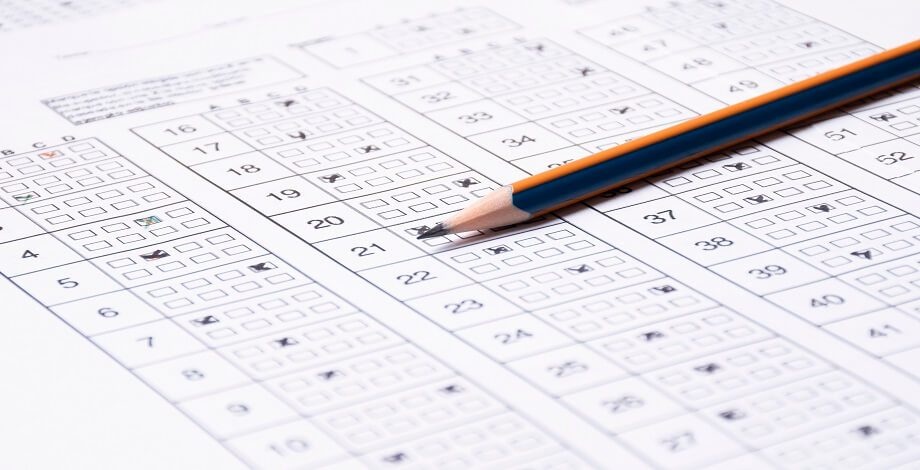Best Study Time Table for HSC Physics Board Exam Preparation 2020 | Tips & Planning
Best Study Time Table for HSC Physics Board Exam Preparation 2020 | Tips & Planning
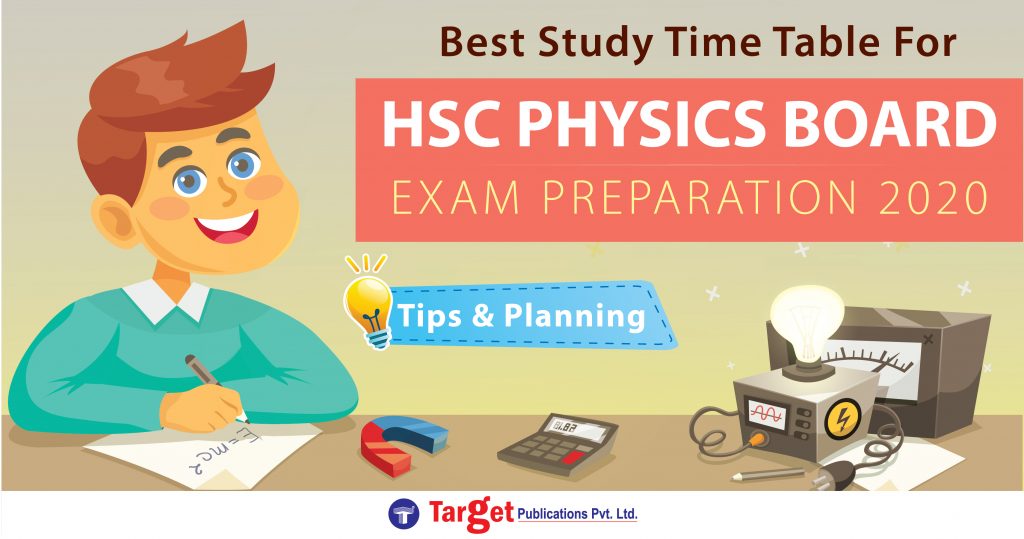
If you are a student who has just completed their year of study in the F.Y.J.C. (Std 11th) Science section, you may be well aware of the crucial year looming over you. The sheer emphasis on the performance of a student in their HSC Examinations cannot be overstated. The examination slated for February/March every year is undoubtedly the first building block to a preferred career. However, I'd like to refrain from adding to the pressure that you are already subjected to and instead provide you with some tips to sail through the HSC board examinations.
HSC Physics Examination: Newton's Troublesome Apples
The Physics Board Examination consists of a 70 marks paper which lasts for a duration of 3 hours. While it is no mystery that the HSC Physics Syllabus is the bane of every aspiring student's existence, it is more often a matter of not knowing what and how to study than simply a lack of exam preparation. Hard work without direction is a set-up for failure and for the rest of the article I'd like to outline the planning process for avoiding this very outcome.
HSC Study Timetable: Let's Get Started
1. Syllabus and Paper Pattern:
Here is an outline of the syllabus for the 12th Physics Board Examination taken from Target Publications' Perfect Physics series.
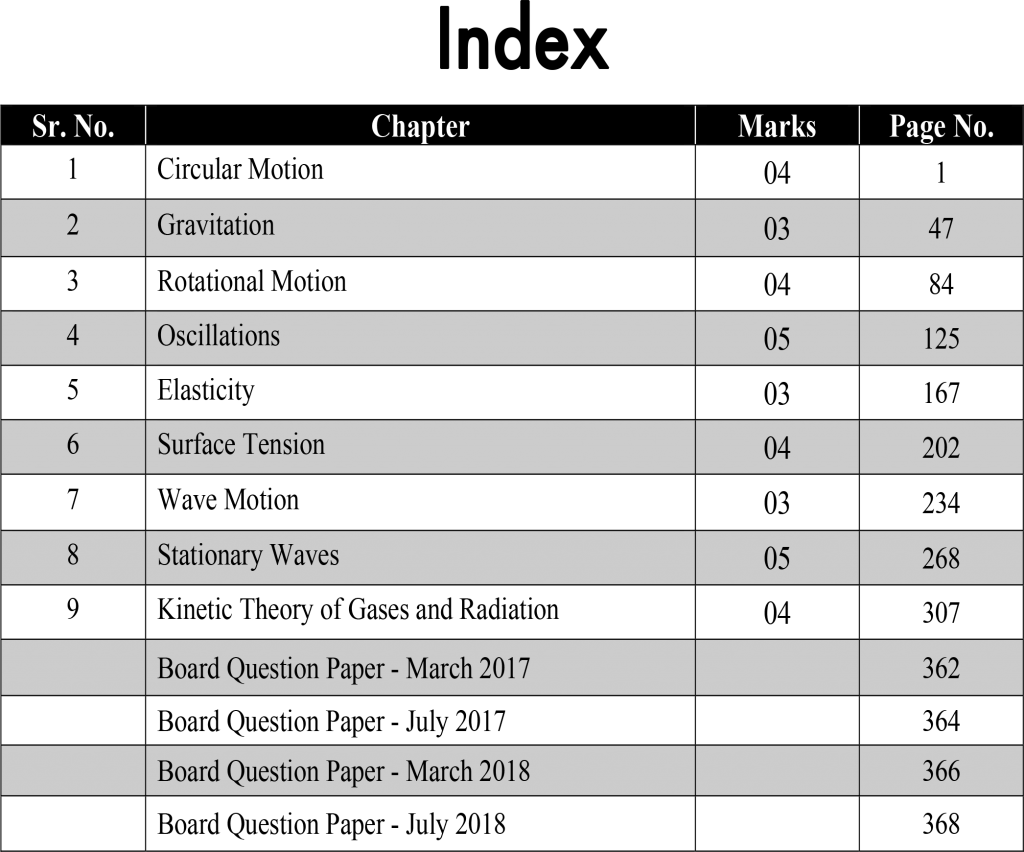
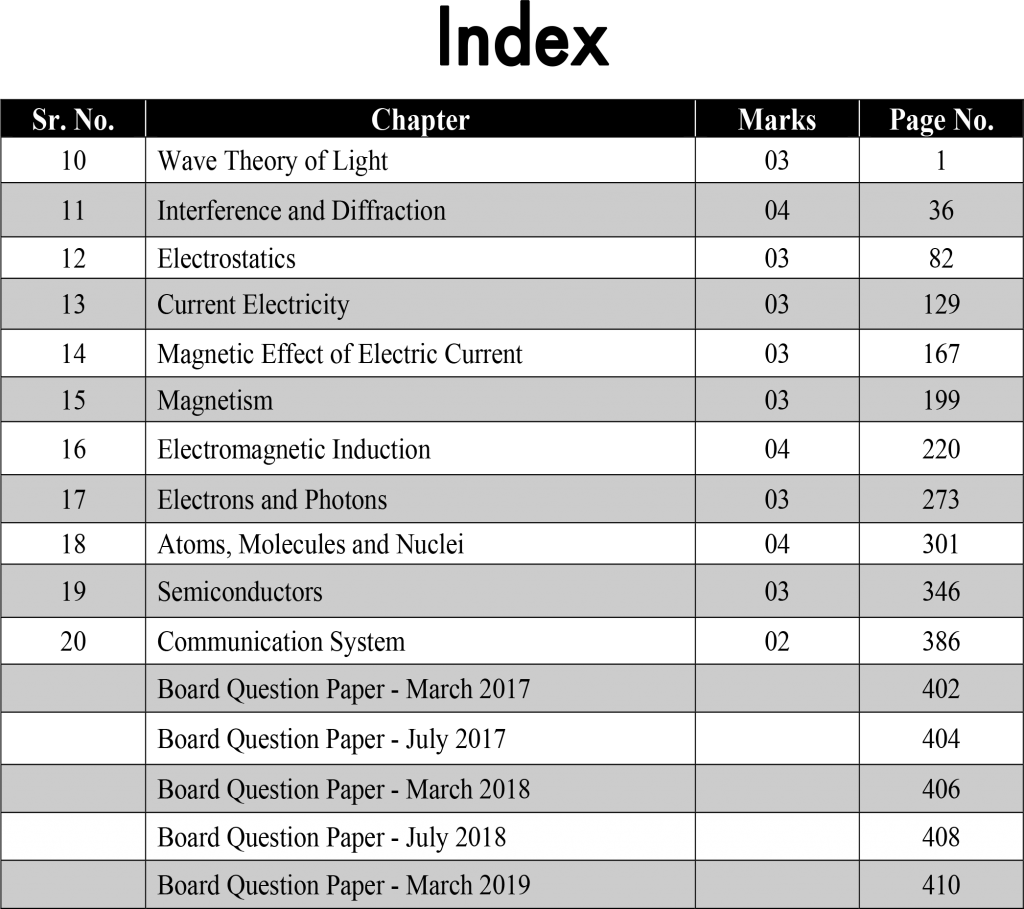
A cursory glance will tell you that the Board syllabus for the Physics paper comprises of a total of 20 chapters.
Below you will find the distribution of marks according to the type of questions.
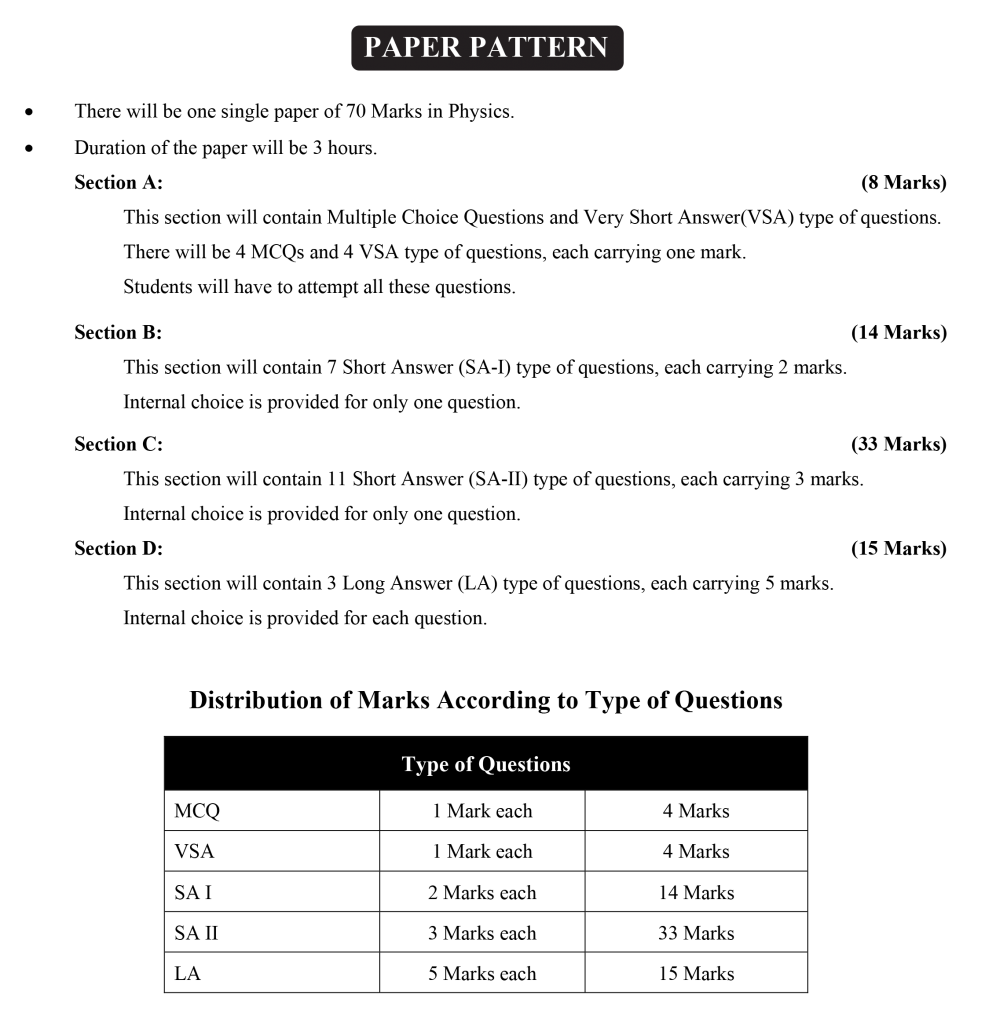
Types of Questions:
Multiple Choice Questions (MCQ)
Very Short Answer (VSA)
Short Answer - I (SA I)
Short Answer - II (SA II)
Long Answer (LA)
2. Exam Tips and Timetable:
Most colleges wrap up their 11th Std Examinations in the first week of April, which means you should be ready to begin preparation by the 15 of April, i.e. in the coming month.
i. Portion Completion Target: Mid-September 2019
Ideally, the Physics portion for the HSC 2020 Examination should be completed by mid-September.
Starting from the 15th April to the 15th of September, this gives you a period of five months to cover your syllabus.
ii. Overview:
Volume-II deals with heavier chapters not only in terms of concepts but also by the sheer size of the section. For this reason, the ideal breakup of the five months of study preparation would be:
Vol. I ( 9 Chapters): 15th April - 15th June [ Two Months ]
Vol. II ( 11 Chapters): 15th May - 15th Sept. [ Three Months ]
iii. Chapter-wise Breakdown:
Step 1: Theory, revision and Chapter Assessment:
The ideal way to completely master a chapter is to study the theory and numerical pertaining to a single chapter first, revise it and then test yourself with relevant physics questions. I would highly recommend the Perfect Physics Series for exhaustive coverage of Physics Questions as per the prescribed Paper Pattern.
This book will also provide you with a chapter-wise assessment that fits right into your study plan.
Step 1 A: (Optional )
In the event that you find yourself struggling with the Physics Formulas and Numericals of tricky chapters, you should take some time to work on them at this point and not wait till the end of the portion. Complete each chapter thoroughly. You could also make use of Target's Physics Numericals book which is specially designed to include thorough solutions wherever relevant i.e. algebraic steps which are otherwise not available in other books.
Step 2: Unit Tests
Your study plan should also include periodic testing. This comprises of testing multiple chapters at once. It is thus advisable that you attempt a Unit Test after you have finished a sufficient number of chapters.
Step 3: Overall Testing
Once you are well-versed with the entire portion, it is crucial that you test your overall knowledge by attempting Model Question Papers. This is essential to check if you are able to deal with multiple concepts and manage your time efficiently while answering the paper.
This should be attempted in the second half of September after a thorough revision of your portion.
This is then followed by the Preliminary Examinations held in your classes or school which will provide you with rigorous practice and evaluate your overall performance in a formal setting.
Step 4: Assess your mistakes and identify your issues
In my opinion, this is the most essential step in your entire study process. Once the results of your tests are out, make sure to carefully assess your mistakes and identify your problem areas. For example, if you are having trouble with the chapters that deal with interference and diffraction, be sure to brush up on that topic by devoting special time to it. It would be absolutely pointless to solve a large number of papers without identifying areas that require improvement.
Final Words:
While the examination may seem like an overbearing burden at the start, with organized studying and steady preparation, it can be conquered with ease. A calm mind and a healthy body are all the equipment you need to begin your preparation. And for everything else, there is always Target Publications.




